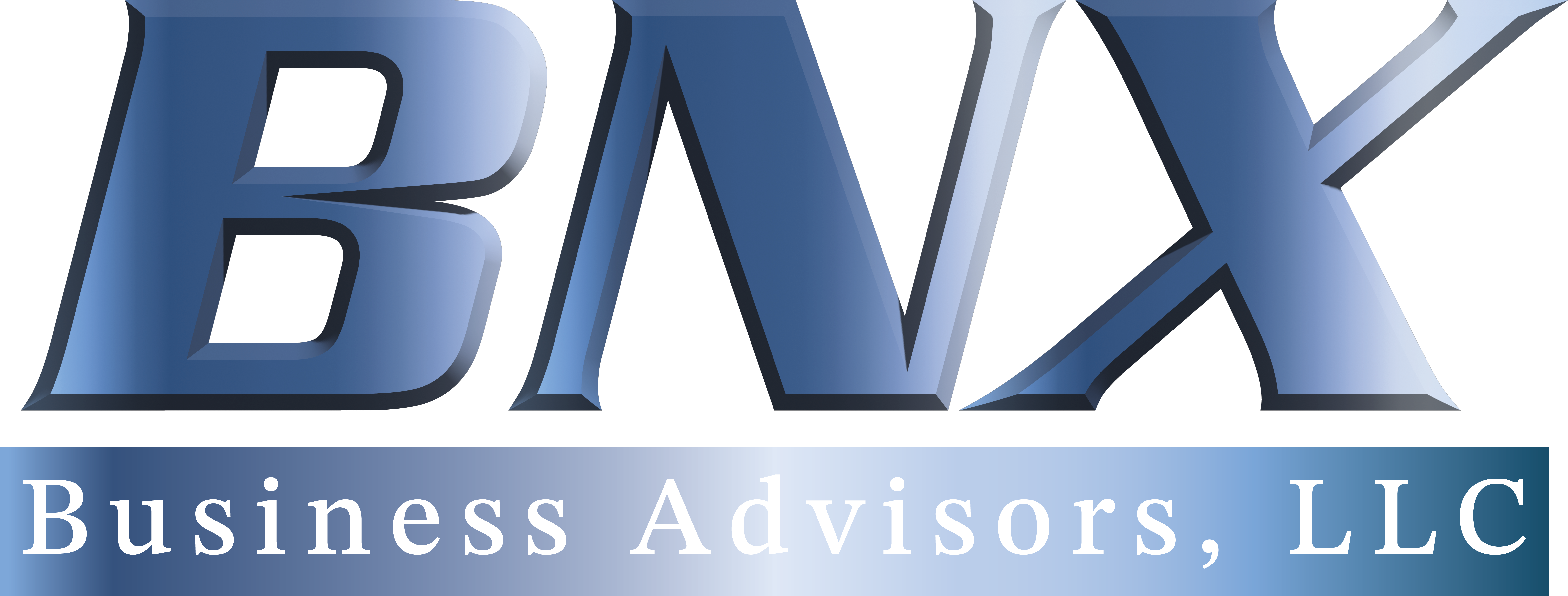

Table of Contents
In today’s globalized business environment, cultivating a diverse workforce is not just a moral imperative but a strategic advantage. Diversity brings varied perspectives, drives innovation, and enhances problem-solving capabilities. However, achieving true diversity requires intentional efforts to overcome inherent challenges. This article explores the obstacles to workforce diversity and unveils effective strategies to cultivate an inclusive organizational culture.
Understanding the Challenges to Cultivating a Diverse Workforce
Unconscious Bias: Despite best intentions, unconscious biases can influence hiring and promotion decisions, leading to a homogenous workforce. These biases often stem from societal stereotypes and can hinder the inclusion of underrepresented groups.
Cultural Resistance: Established organizational cultures may resist change, making it difficult to integrate diverse perspectives. This resistance can manifest as subtle exclusion or overt opposition to diversity initiatives.
Lack of Leadership Commitment: Without genuine commitment from leadership, diversity and inclusion (D&I) initiatives may lack direction and resources, resulting in a barrier to Cultivating a Diverse Workforce.
Inadequate Policies and Practices: Absence of clear policies promoting diversity can lead to inconsistent practices and a lack of accountability within the organization.
Strategies to Cultivating a Diverse Workforce
Implement Comprehensive D&I Policies: Develop and enforce policies that explicitly promote diversity and inclusion. These should encompass recruitment, retention, and advancement practices to ensure equitable opportunities for all employees.
Provide Unconscious Bias Training: Educate employees and leadership about unconscious biases and their impact on decision-making. Regular training sessions can help in recognizing and mitigating these biases, fostering a more inclusive environment.
Foster an Inclusive Culture: Encourage open dialogue and create platforms where diverse voices are heard and valued. This includes employee resource groups, diversity councils, and regular forums for discussion.
Ensure Leadership Commitment: Leaders should actively champion diversity initiatives, allocate necessary resources, and hold themselves accountable for progress. Their commitment sets the tone for the entire organization.
Establish Diverse Recruitment Practices: Expand recruitment efforts to reach diverse talent pools. This can involve partnerships with diverse professional organizations, attending multicultural career fairs, and utilizing inclusive job postings.
Measure and Monitor Progress: Regularly assess the effectiveness of diversity initiatives through metrics such as employee demographics, retention rates, and employee satisfaction surveys. Use this data to inform continuous improvement efforts along the journey to Cultivating a Diverse Workforce.
Promote Mentorship and Sponsorship Programs: Implement mentorship programs that support the development of underrepresented employees. Sponsorship by senior leaders can also accelerate career advancement for diverse talent.
Offer Flexible Work Arrangements: Recognize diverse needs by providing flexible work options, such as remote work, flexible hours, and job-sharing. This flexibility can attract and retain a broader range of employees.
Celebrate Cultural Differences: Acknowledge and celebrate various cultural events and holidays. This practice not only educates employees but also fosters a sense of belonging among diverse staff members.
Address Pay Equity: Conduct regular pay audits to ensure equitable compensation across all demographics. Addressing pay disparities is crucial for building trust and demonstrating commitment to fairness while Cultivating a Diverse Workforce.
Benefits of a Diverse Workforce
Embracing diversity yields numerous organizational benefits:
Attraction of Top Talent: Organizations known for their commitment to diversity are more attractive to high-caliber candidates seeking inclusive workplaces.
Enhanced Innovation: Diverse teams bring varied perspectives, leading to more creative solutions and innovations.
Improved Employee Engagement: An inclusive environment fosters a sense of belonging, increasing employee satisfaction and commitment.
Broader Market Reach: A diverse workforce can better understand and cater to a global customer base, enhancing market competitiveness.
Frequently Asked Questions (FAQs)
Q1: What is workforce diversity?
A1: Workforce diversity refers to the inclusion of individuals from various backgrounds, including different races, genders, ages, religions, abilities, and sexual orientations, within an organization.
Q2: Why is diversity important in the workplace?
A2: Diversity enhances creativity, problem-solving, and decision-making by bringing varied perspectives. It also reflects societal demographics, improving customer relations and brand reputation.
Q3: How can unconscious bias affect hiring decisions?
A3: Unconscious bias can lead to favoritism toward certain groups, resulting in a lack of diversity. It may cause qualified candidates to be overlooked based on stereotypes rather than merit.
Q4: What role does leadership play in promoting diversity?
A4: Leadership sets the tone for organizational culture. Committed leaders can drive diversity initiatives, allocate resources, and hold the organization accountable for progress.
Q5: How can organizations measure the success of their diversity initiatives?
A5: Success can be measured through metrics such as employee demographic data, retention and promotion rates of diverse groups, employee engagement surveys, and pay equity analyses.
Partner with BNX Business Advisors to Cultivate a Diverse Workforce
Embracing diversity within your organization is pivotal for fostering innovation, enhancing employee engagement, and driving business success. At BNX Business Advisors, we specialize in guiding companies to develop and implement effective Diversity, Equity, and Inclusion (DEI) strategies. Our comprehensive services are designed to align with your unique organizational goals, ensuring a tailored approach to building an inclusive workplace.
Why Choose BNX Business Advisors?
- Expertise in DEI Initiatives: Our team brings extensive experience in crafting and executing DEI programs that resonate with your company’s vision and values.
- Customized Solutions: We understand that each organization is unique. Our strategies are personalized to address your specific challenges and opportunities in diversity and inclusion.
- Proven Results: Companies that have partnered with us have seen measurable improvements in workplace culture, employee satisfaction, and overall performance.
Take the Next Step Towards Inclusivity
Don’t let the challenges of implementing diversity initiatives hinder your organization’s growth. Partner with BNX Business Advisors to unlock the full potential of a diverse workforce. Contact us today to schedule a consultation and begin your journey towards a more inclusive and successful organization.
